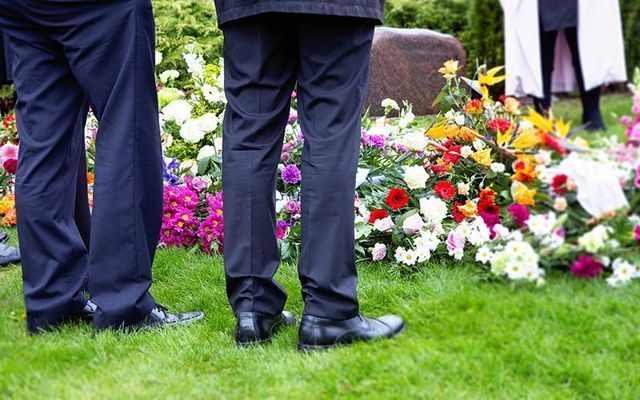A new study has found that Irish wakes may help bereaved families cope with grief and loss.
The study, conducted by researchers at Ulster University, found that prolonged grief disorder (PGD) is far less common among Irish people coping with loss than it is in the UK.
The study described PGD as an enduring yearning for the deceased lasting longer than six months and stated that 10.9% of Irish people coping with loss fulfilled the criteria for PGD.
In comparison, which polled more than 2,000 people, found that 15.3% of people in the UK fulfilled the criteria for PGD.
The authors of the recent study posited that the culture of Irish wakes may help alleviate grief among bereaved families.
"In Ireland, it is customary to hold a wake (i.e., social gathering prior to a funeral) during which family, friends, neighbors, work colleagues, and acquaintances can come to pay their respects and support the bereaved," the authors said.
The authors noted that Irish wakes take place before a funeral, often with the deceased lying in an open coffin, allowing friends and family members to say their goodbyes.
They additionally noted that Irish wakes are communal events, allowing members of the community to come together and support people who have suffered a loss.
In the UK, on the other hand, such events generally take place after the funeral service and are normally regarded as private events.
"Hence it may be that there is a greater sense of community within Irish bereavement culture, with it being widely established that social support plays a key role in determining the ability of the bereaved to adjust to their loss."
Despite taking place immediately after the death of a loved one, Irish wakes are often full of merriment as grieving friends and family celebrate the deceased person's life.
Wakes can last up to three days and allow people one final opportunity to remember the life of the loved one they lost, offering an opportunity to find some kind of solace.




Comments